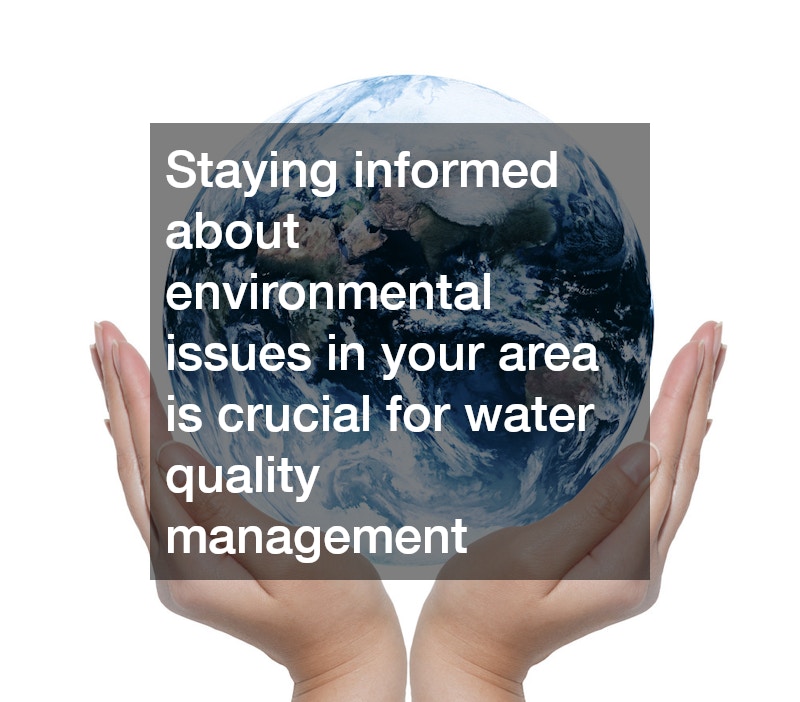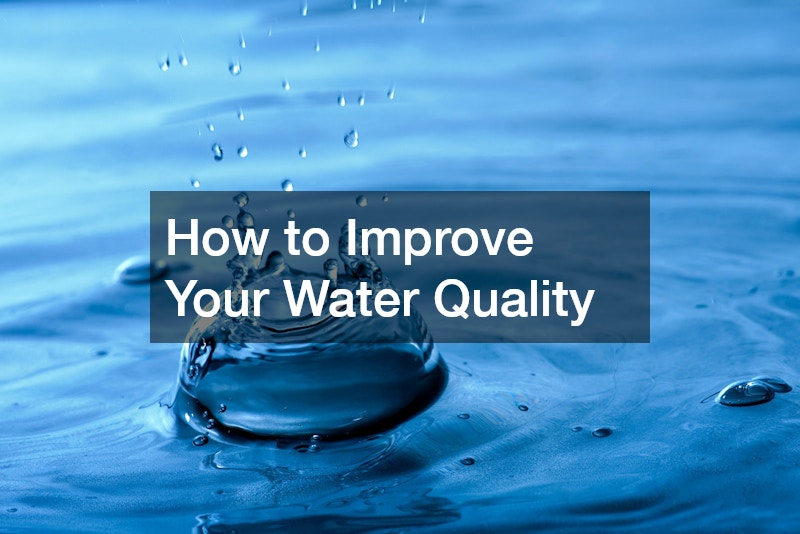Water is one of the most essential resources for life, and its quality can greatly impact our health and well-being. Good water quality is fundamental not just for drinking, but also for cooking, cleaning, and watering plants. Unfortunately, with increasing pollution and environmental changes, maintaining clean water has become more challenging. That’s why it’s crucial to be proactive about ensuring the water you and your family consume is safe. In this blog post, we’ll explore several effective ways to improve your water quality and ensure that what flows from your tap is as pure and healthy as possible.
Take the next step towards improving the quality of your water today and ensure you and your family’s health. This can be a DIY project, or you can contact your local water conditioning services.
Testing Your Water Regularly
The first step in improving water quality is understanding its current state. Regular testing of your water supply can identify contaminants and trace elements that might be present. This is particularly important if your water source is a private well or if you suspect contamination from nearby industrial activities. Drinking water should meet certain standards, and by testing it annually, you can spot any deviations from these standards promptly. Once you know what’s in your water, you can take targeted actions to address any issues.
Investing in a Water Filtration System
A high-quality water filtration system can make a significant difference in the purity of your water. These systems are designed to remove impurities such as chlorine, lead, pesticides, and bacteria. Options range from simple pitcher filters to comprehensive whole-house filtration systems. Depending on the contaminants found in your water, you may require a specific type of filter, such as activated carbon filters for removing chlorine and odors or reverse osmosis systems for more thorough purification. By investing in the right water filter, you can significantly improve your water quality, resulting in healthier water for drinking and cooking.
Cleaning and Maintaining Pipes Regularly
Sometimes, improving water quality involves more than just filtering the water; it requires maintenance of your home’s plumbing system as well. Old and corroded pipes can leach lead and other harmful substances into your water. Regular maintenance and upgrading of old pipes can prevent such contaminants from entering the water supply. Additionally, flushing your pipes periodically can help to clear out build-up and sediment from the system. Routine plumbing checks by professionals ensure that your pipes are in good condition, contributing to better overall water quality.
Utilizing Natural Solutions to Purify Water
Beyond mechanical filtration systems, several natural methods can be effective in purifying water. One popular method is boiling, which can kill most pathogens. Solar purification, where water is left out in the sun for extended periods, is another method that can be effective, particularly in areas with plenty of sunlight. Adding a few drops of natural solutions like lemon juice or vinegar, known for their antibacterial properties, can also help purify water. These methods can be especially useful in emergencies or when traditional filtration systems are not available.
Staying Informed About Environmental Issues
Staying informed about environmental issues in your area is crucial for water quality management. Local industrial, agricultural, or construction activities can impact water sources significantly. Joining community boards and keeping up-to-date with local news can alert you to potential water quality concerns. In many cases, municipalities will issue alerts if there is a known contamination issue, but being proactive can ensure you take timely steps before any official warning. Understanding the broader environmental context helps you anticipate possible contaminants and enables you to take preventive action.

Improving water quality is not just a one-time task but an ongoing process that involves regular monitoring, proactive measures, and maintaining awareness about your local environment. By testing your water, investing in effective filtration systems, maintaining your pipes, exploring natural purification methods, and staying informed about local environmental issues, you can ensure that the water you consume is clean and safe. These efforts not only protect your health but also contribute to the well-being of your community and the environment. Remember, when it comes to water quality, prevention is always better than cure. Take the necessary steps today to safeguard your water and enjoy the countless benefits of fresh, clean water.







